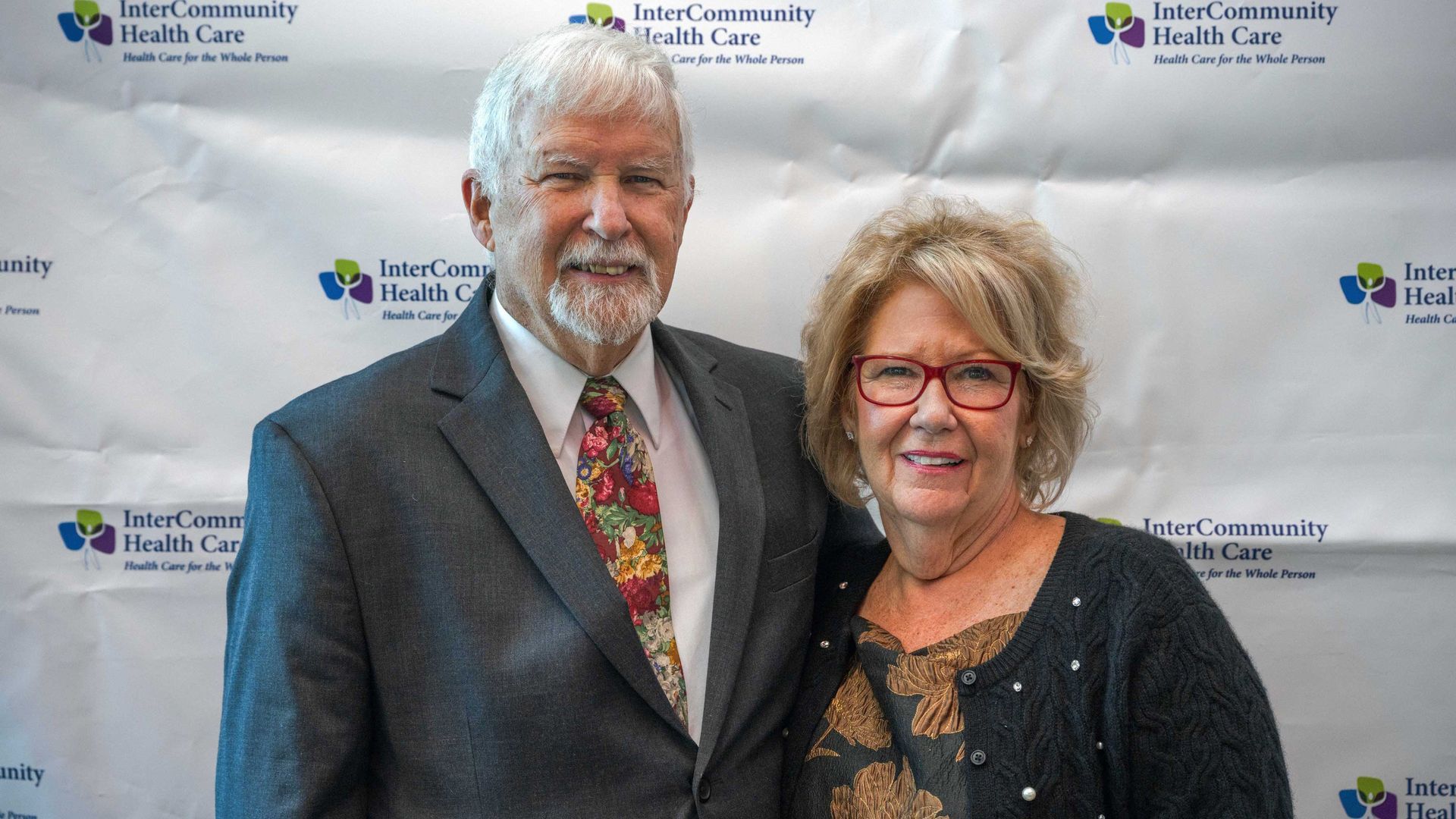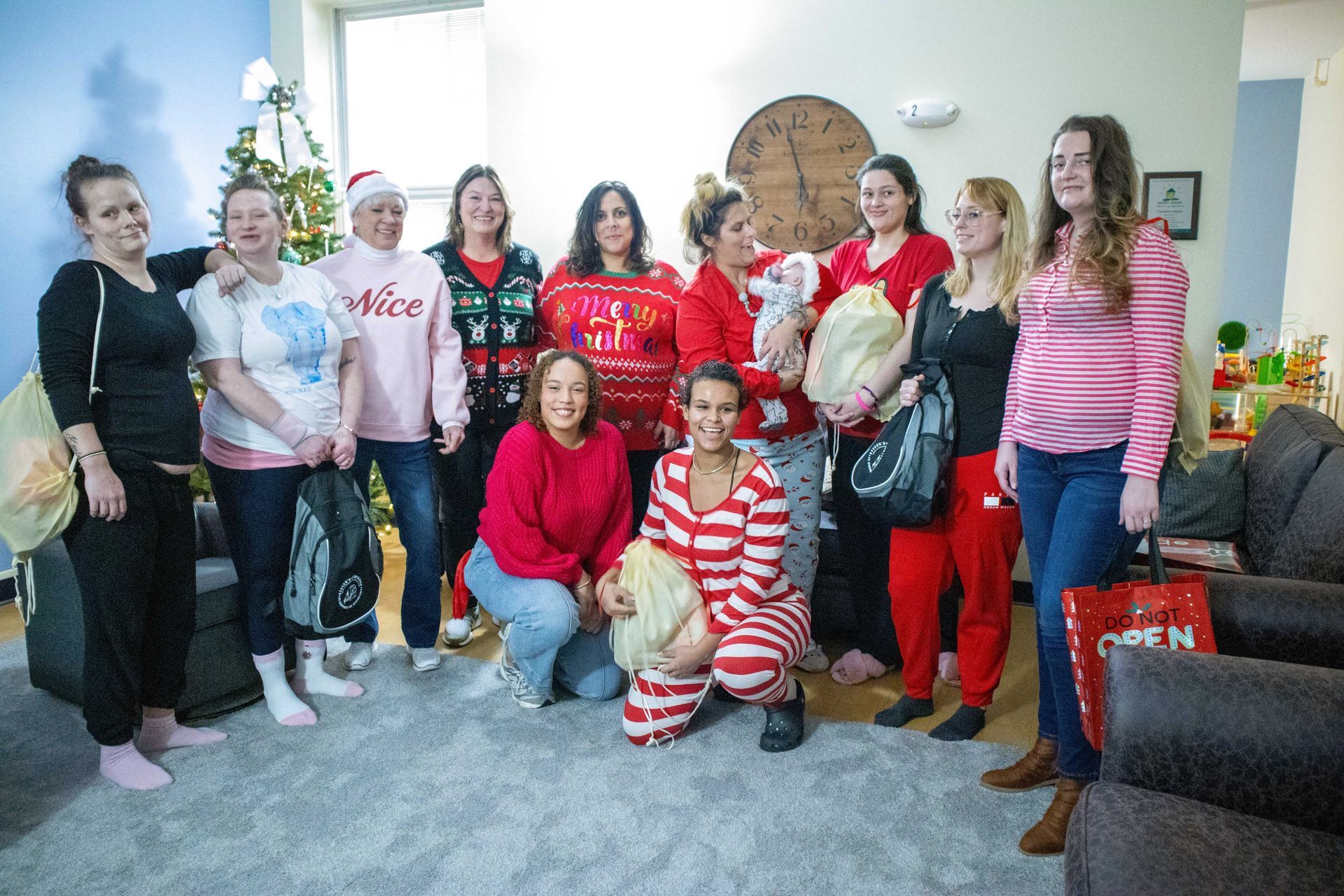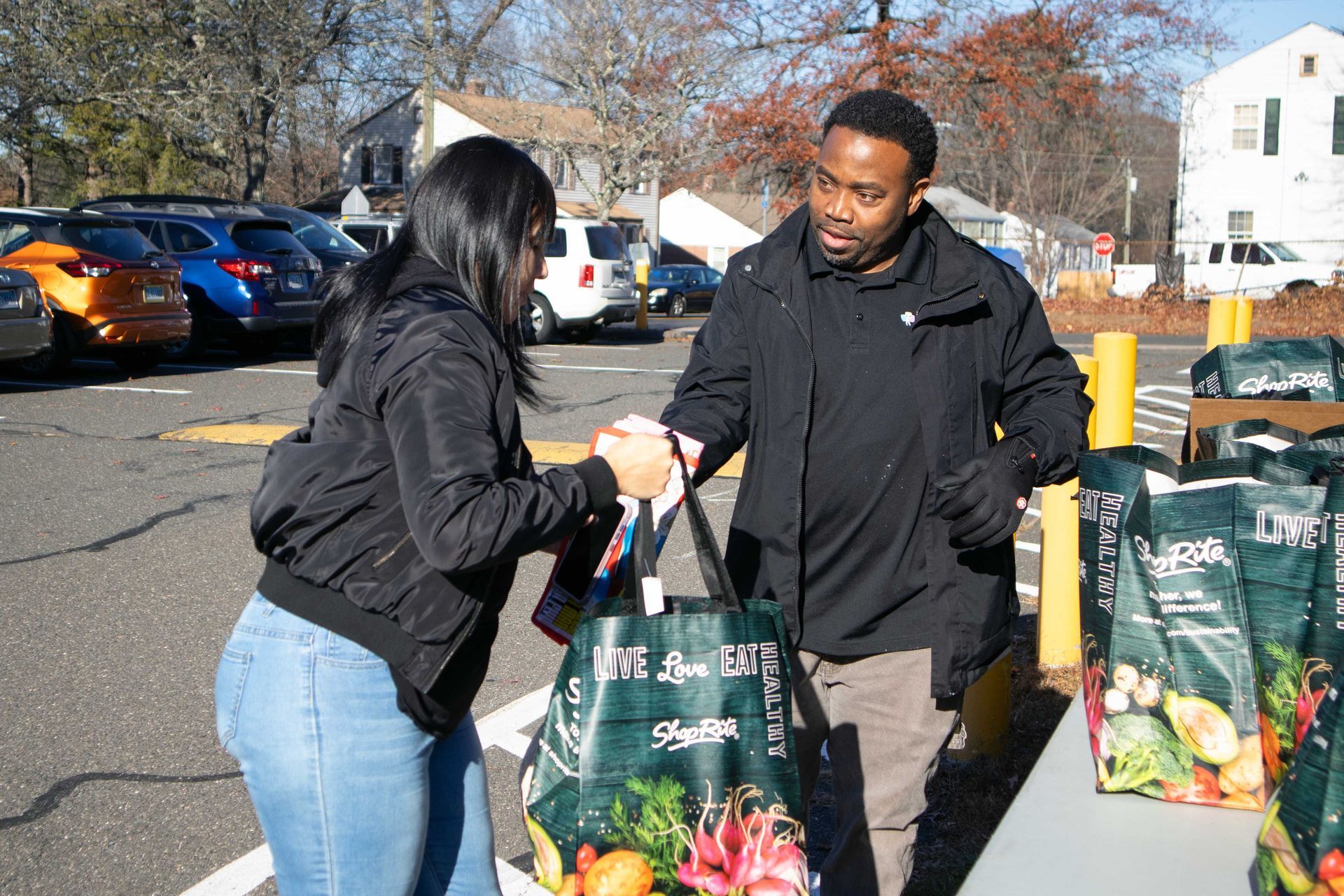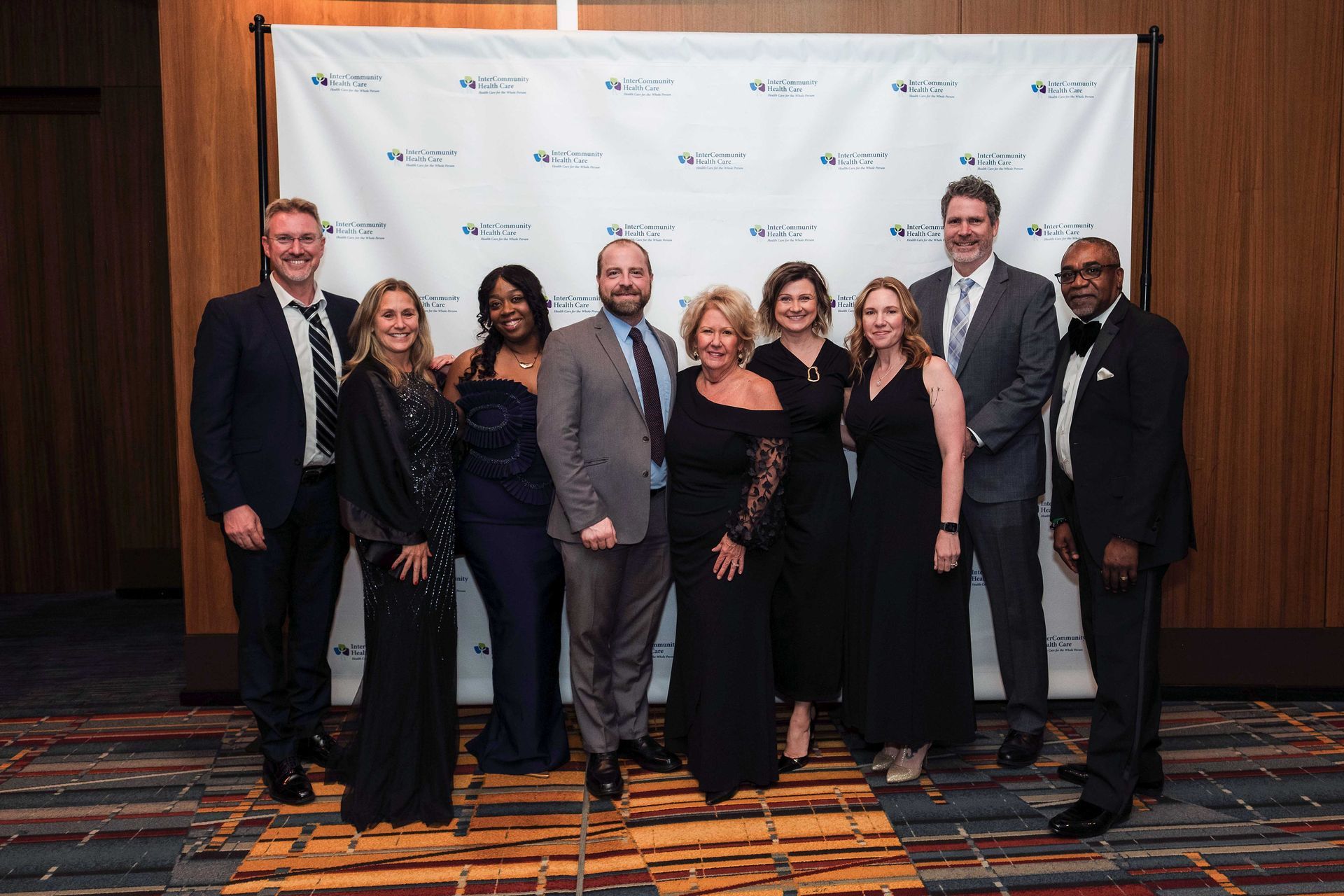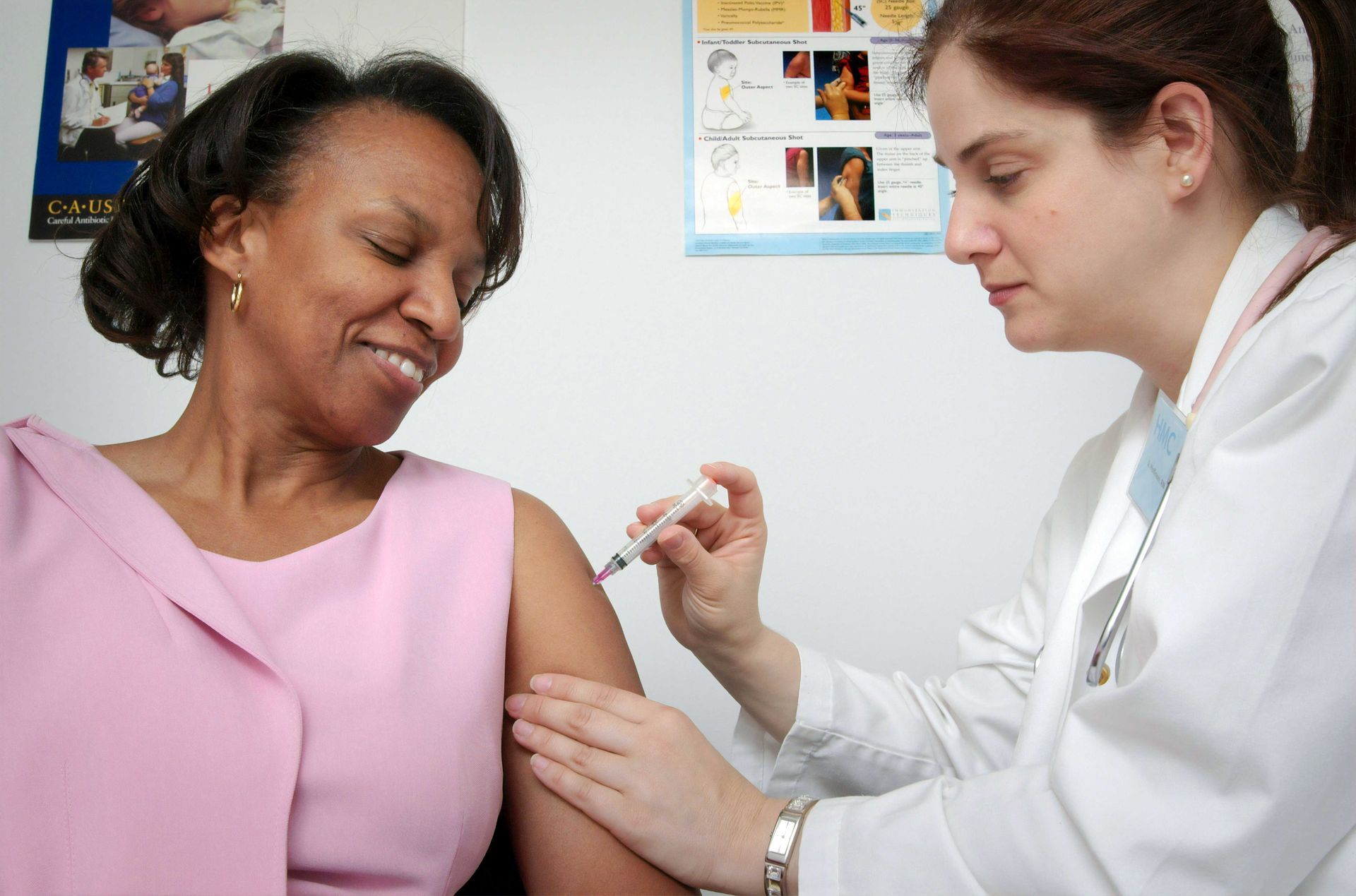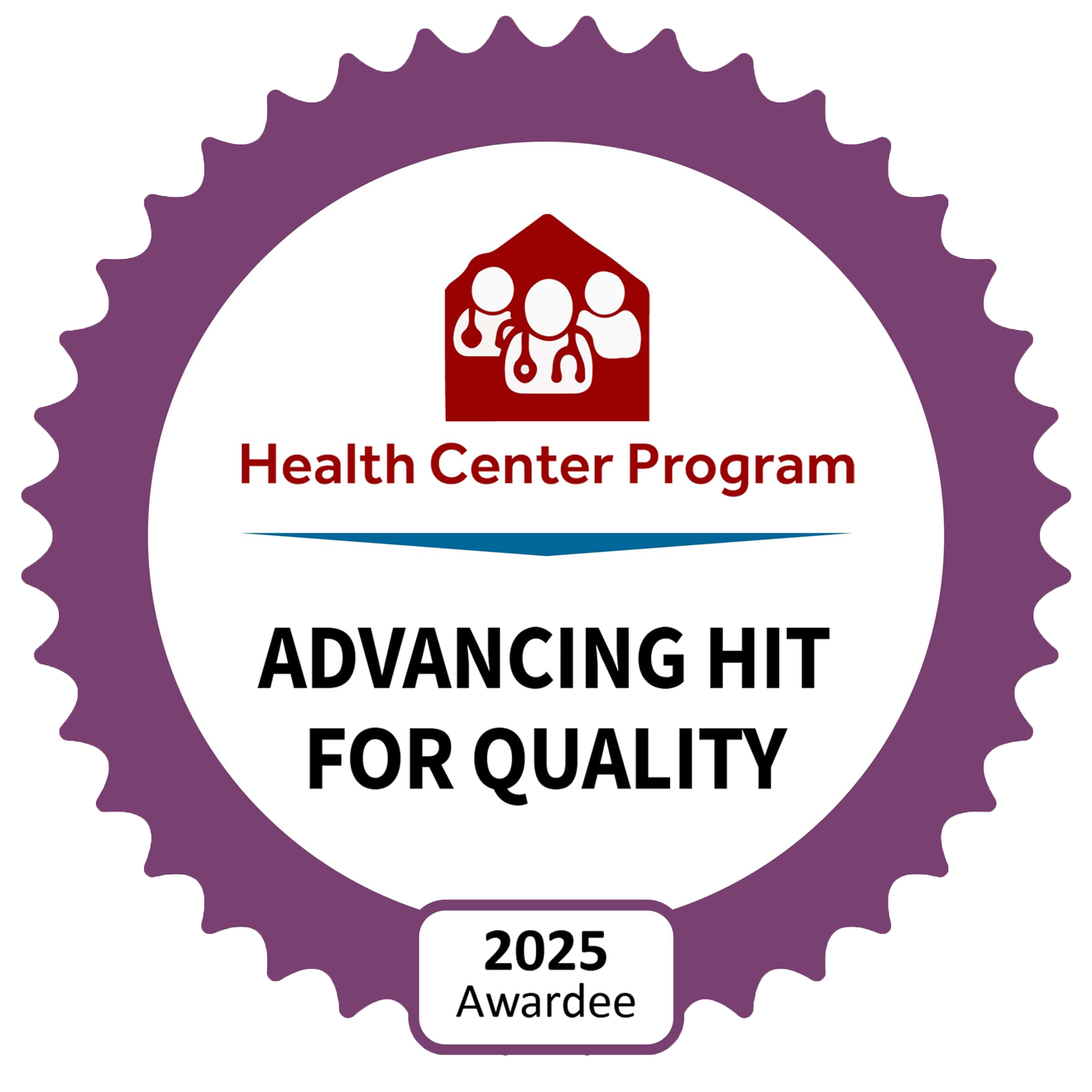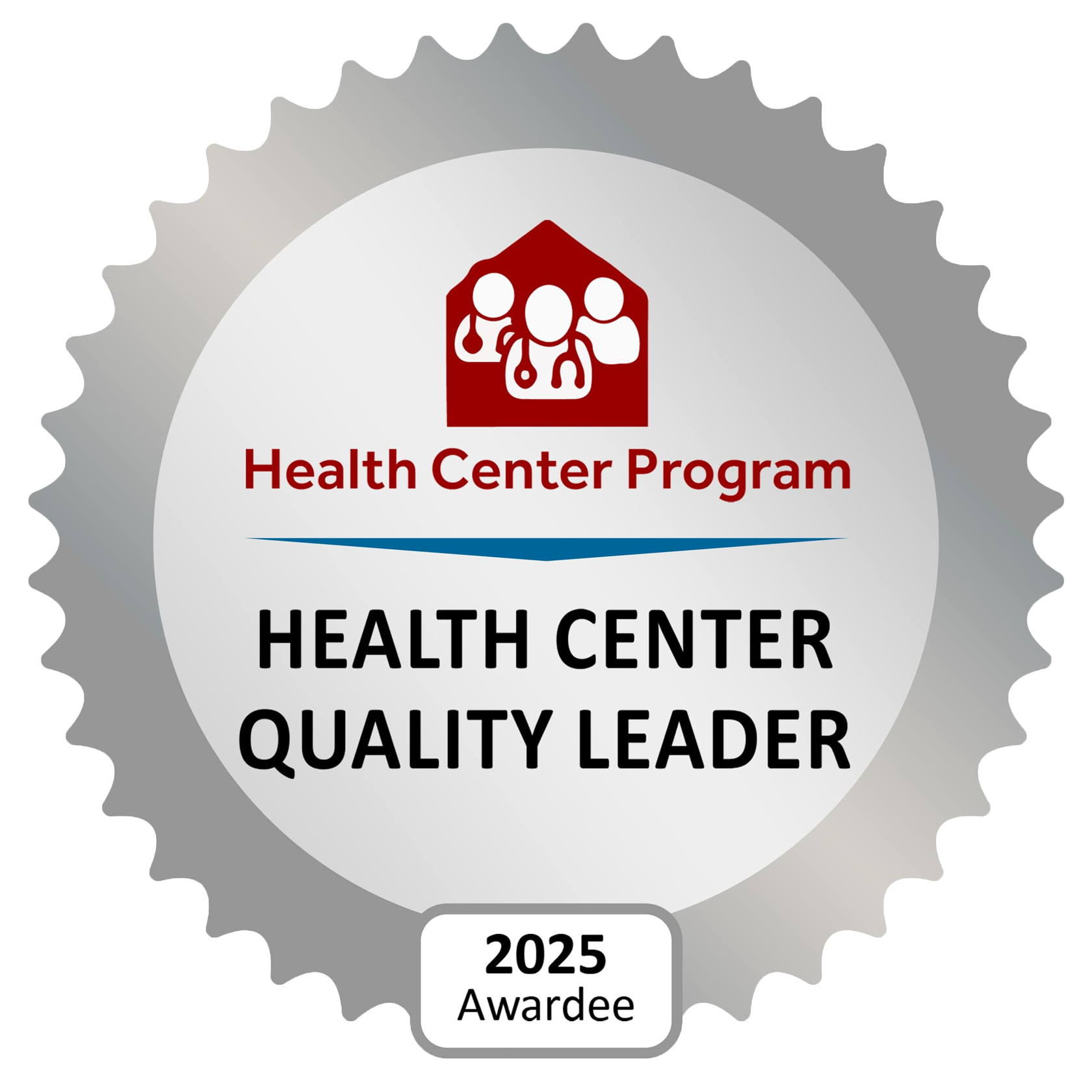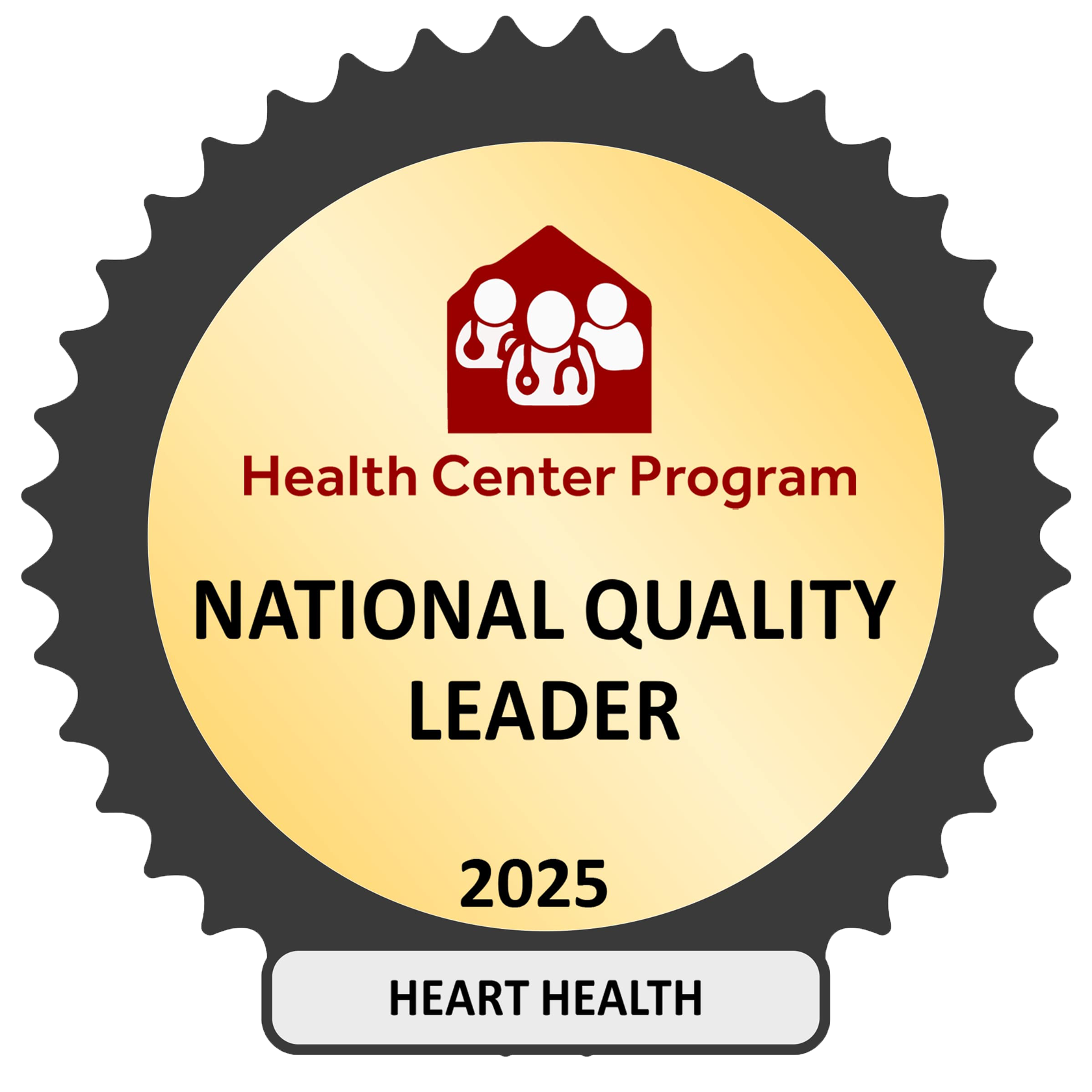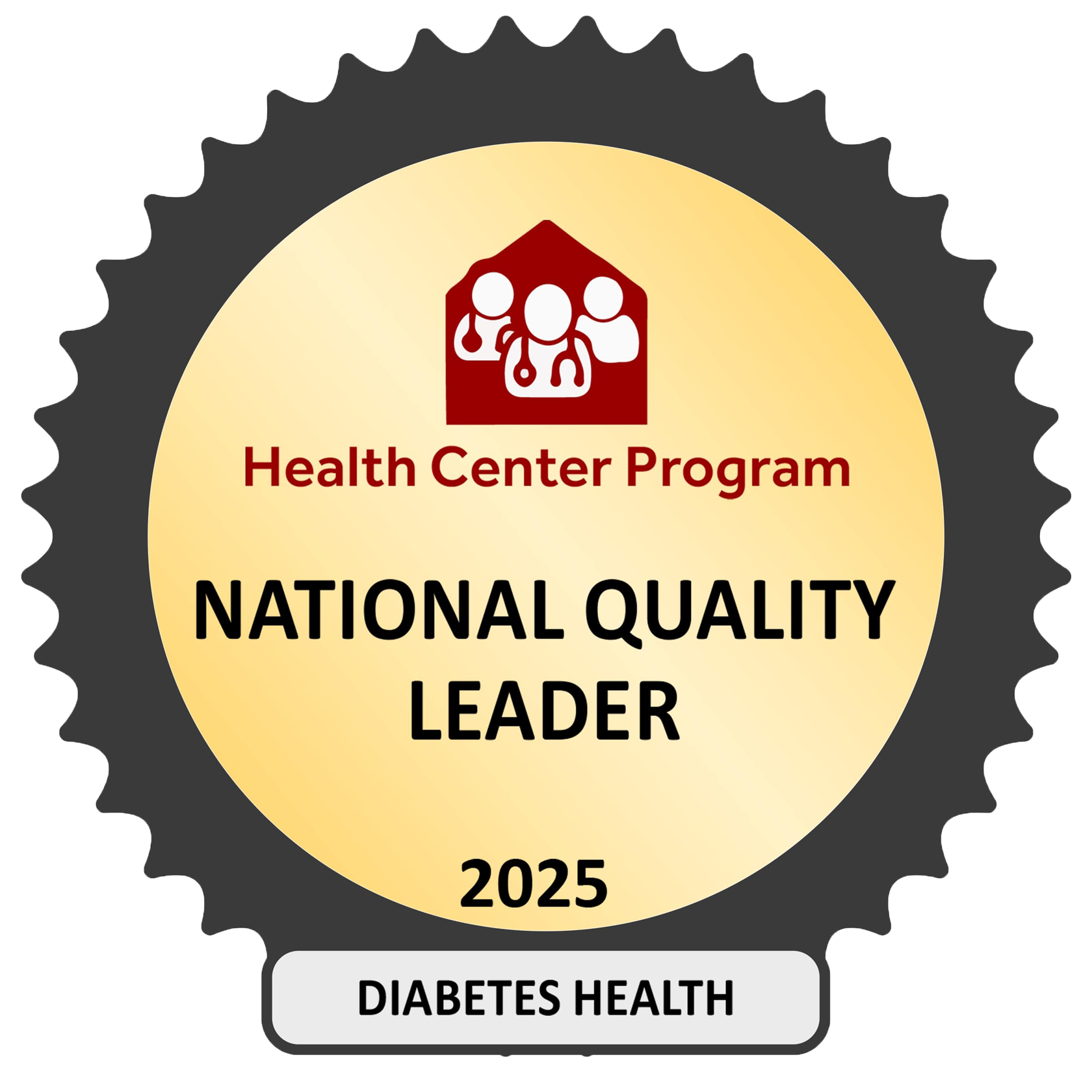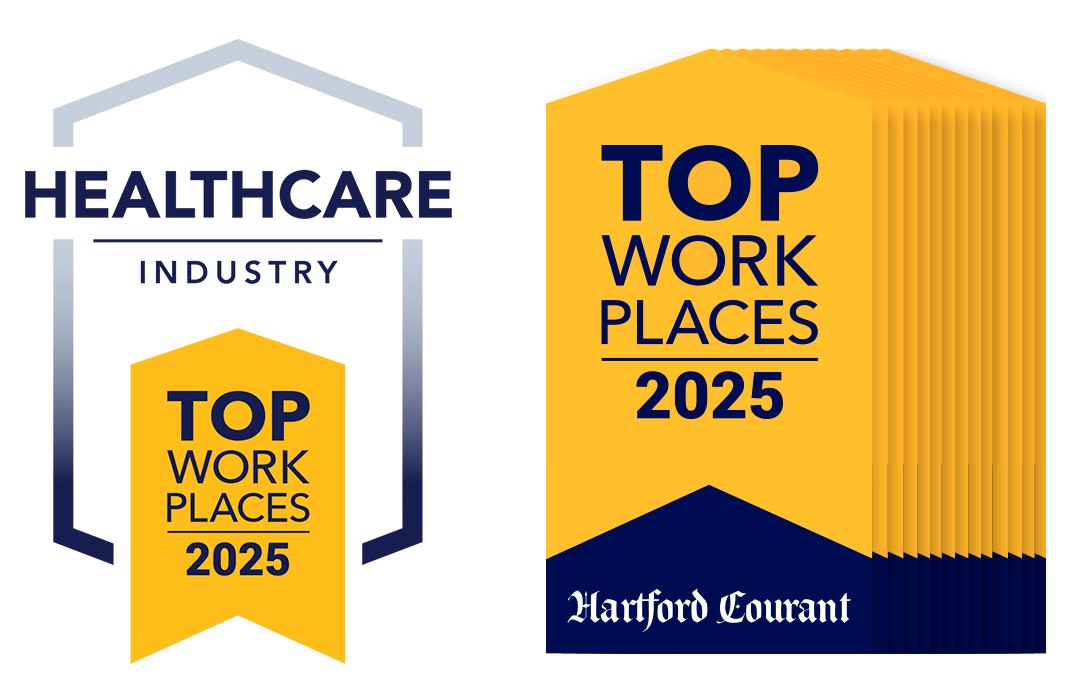Early Detection Saves Lives: Breast Cancer Awareness at InterCommunity
Breast cancer is the most common cancer among women in the United States—and in Connecticut, the numbers are especially alarming. Our state has the second-highest rate of new breast cancer cases in the nation, with nearly 4,000 women expected to be diagnosed this year and more than 400 lives lost. That means, on average, one woman dies every single day in Connecticut from a disease that is often preventable through early detection, according to the Connecticut Department of Public Health (DPH).
DPH’s Breast and Cervical Cancer Early Detection Program notes that Black women in Connecticut are more likely to die from breast and cervical cancer than any other racial or ethnic group, and Latina women face higher rates of late diagnosis—when treatment is more difficult and survival rates drop. These disparities remind us why access to timely screenings is so critical. While InterCommunity Health Care does not provide mammograms on-site, our providers and Care Coordinators make it a priority to connect patients to screening before they even leave our clinic. From writing referrals to scheduling appointments, we walk alongside our patients every step of the way to ensure no one misses this vital opportunity.
Why screenings are important:
- Mammograms can detect breast cancer years before symptoms appear, when treatment is most successful.
- National guidelines recommend women ages 40 to 74 get screened every one to two years, though some women at higher risk may need earlier or more frequent testing.
- Most insurance plans cover mammograms at no cost, and for those without coverage, programs like Connecticut’s Breast and Cervical Cancer Early Detection Program (CBCCEDP) provide free screenings.
- Screening is not always an easy decision. There are benefits and risks, which is why it is important to talk with a trusted healthcare provider to weigh options, ask questions, and make the best choice for your health.
At InterCommunity, we believe no woman should face breast cancer alone. Early detection, support, and access to care can save lives, and together, we can change the story for families in the Hartford region and beyond.
